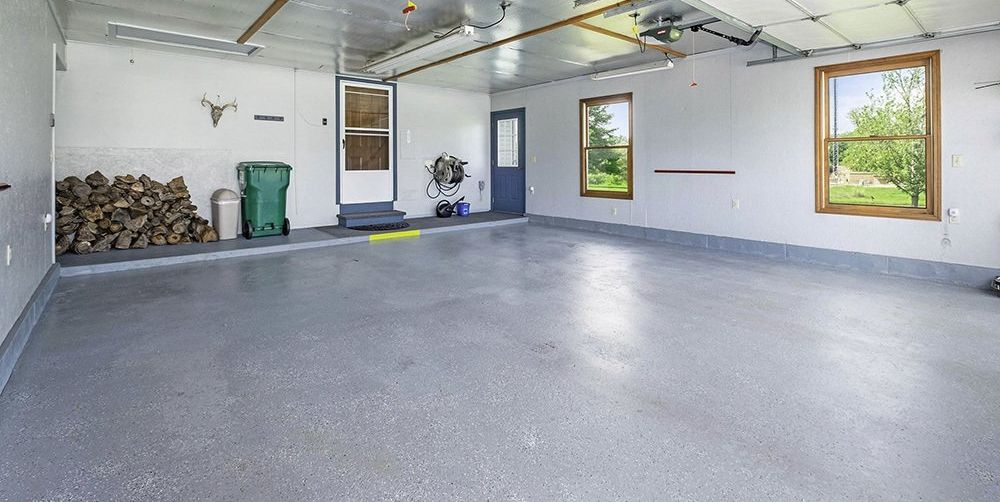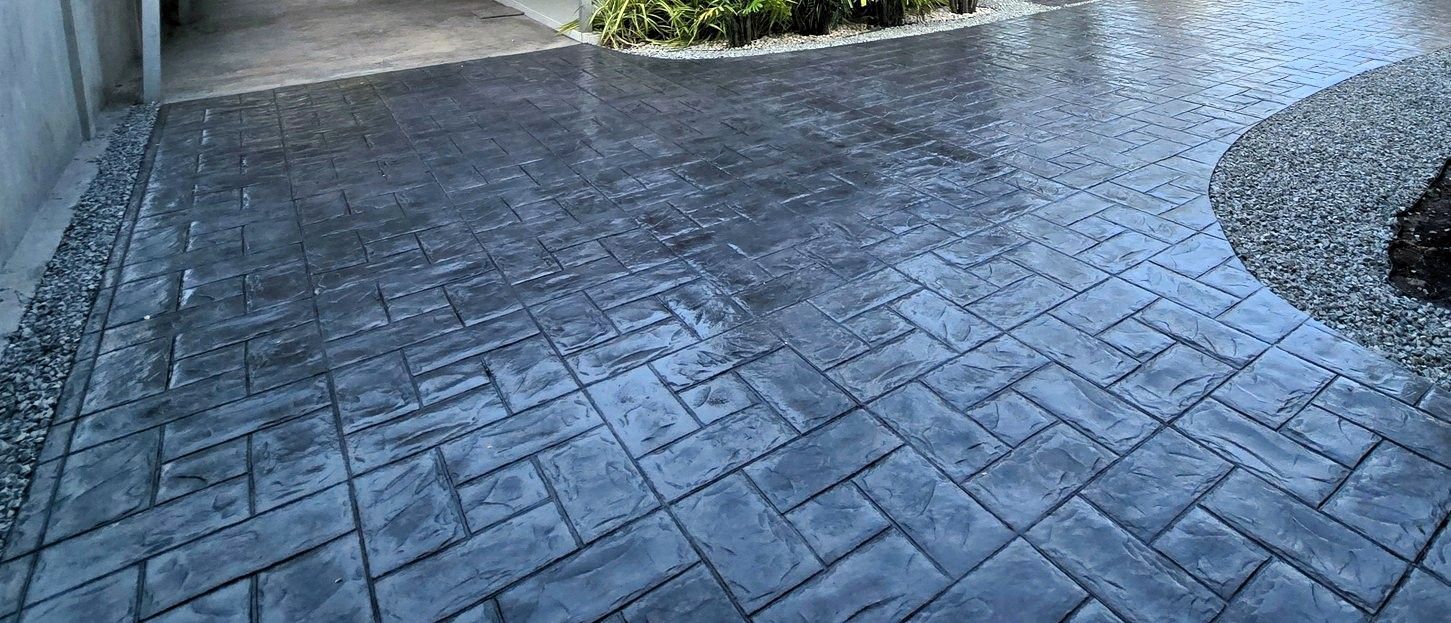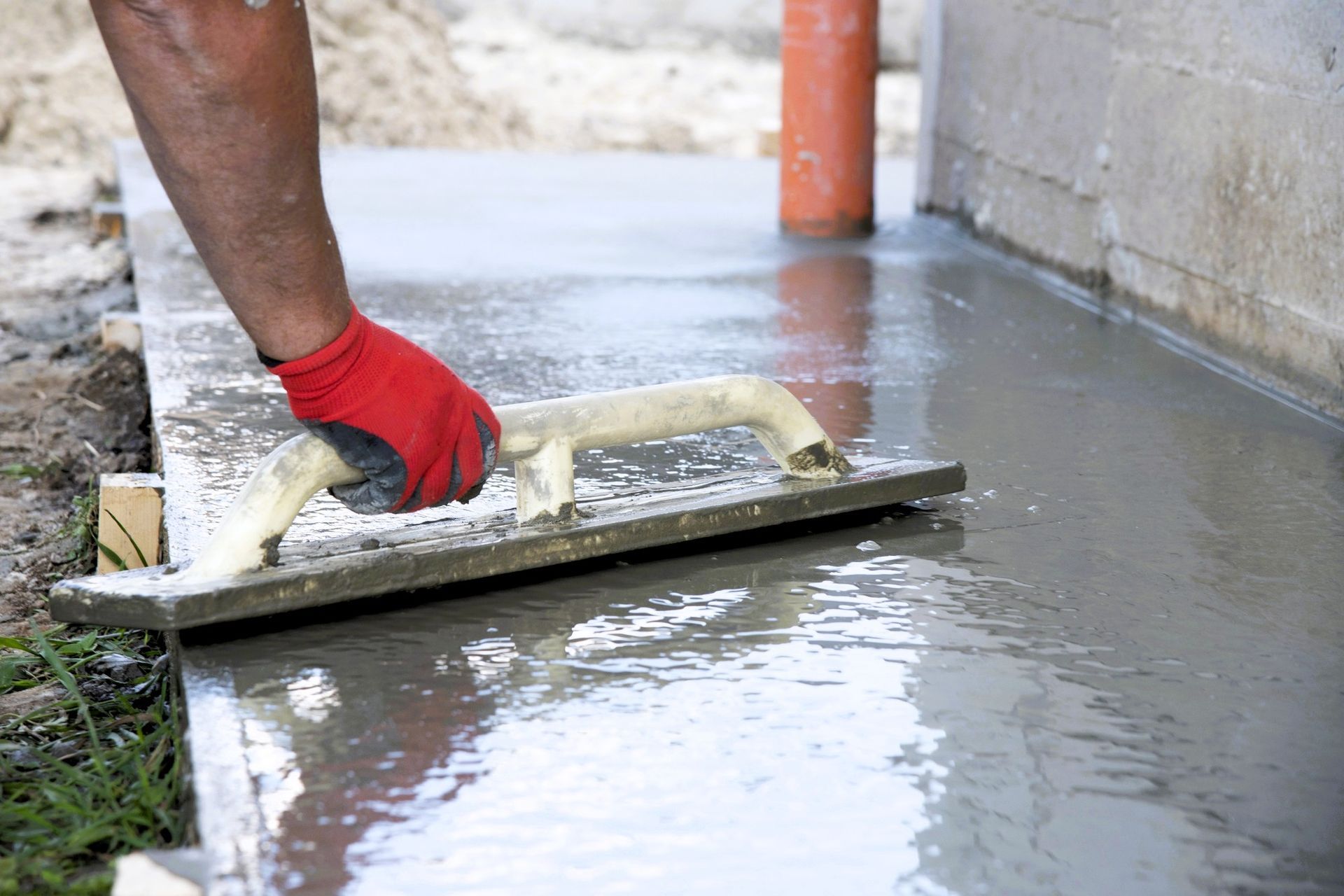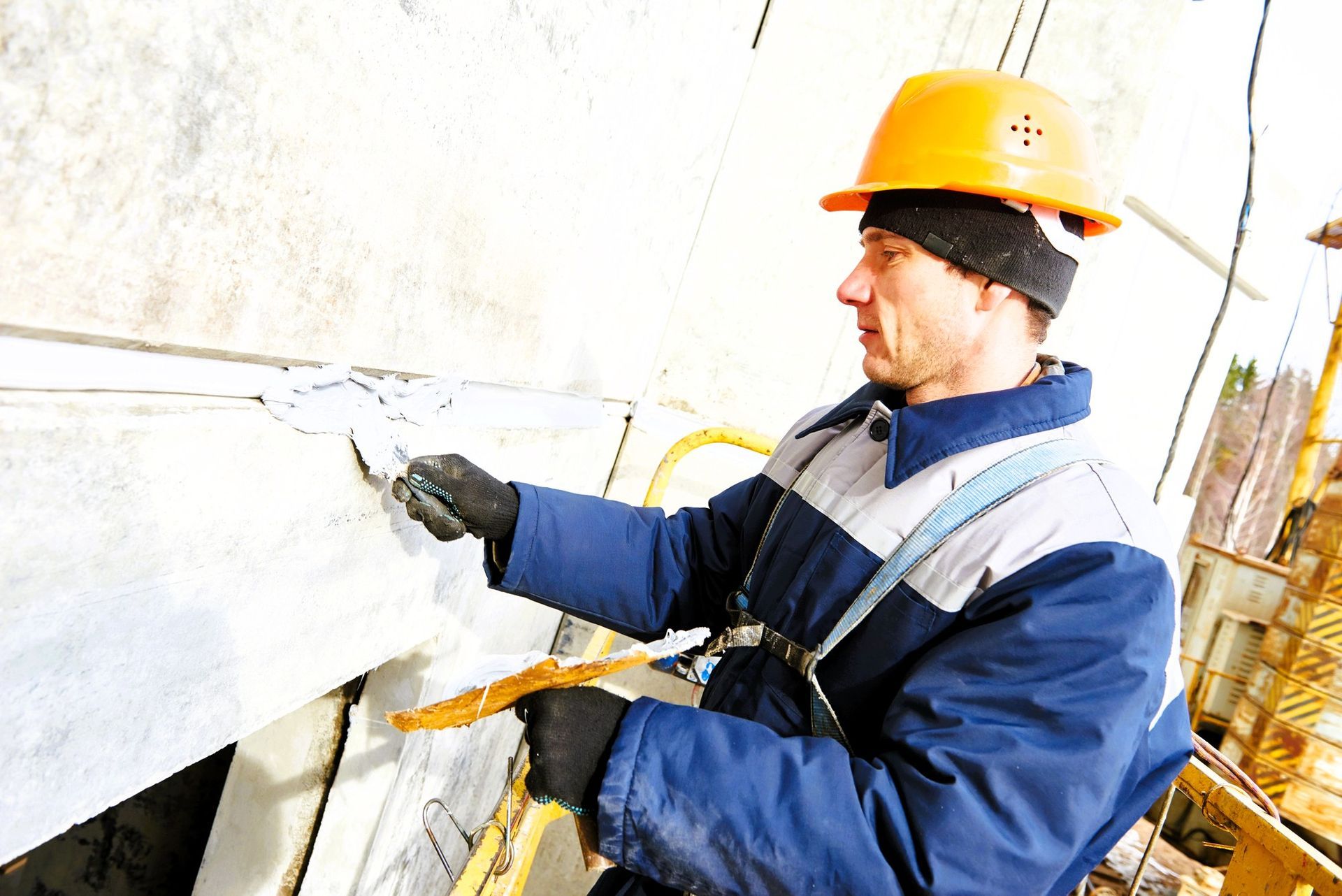What's the Ideal Concrete Thickness for a Garage Floor?
8 Factors You Must Consider

Do you intend to construct a new garage or make improvements to an existing one? One crucial aspect to consider is the thickness of the concrete floor. The garage floor should be able to support the weight of cars and endure regular use without getting damaged easily. In this guide, we will discuss eight essential factors to consider when determining the concrete thickness for a garage.
The thickness of a concrete garage floor is vital to ensure its longevity and safety. An ideal thickness for a garage or driveway is 6 inches. Different garages may need different amounts of concrete. Some may only need 4 inches while others may require up to 9 inches depending on the weight they will have to support.
Types of concrete for garage floor
Different types of concrete are available, depending on the weight that the garage floor will bear. These include:
- Light Burdens: This type of garage floor requires at least 4 inches of concrete and is suitable for one or two light cars or trucks.
- Medium Burdens: Average-sized vehicles and medium to large trucks require a garage floor that is 6 inches thick.
- Heavy Burdens: Continuous traffic from heavy vehicles requires a garage floor that is 6 to 8 inches thick.
Tools required for making a garage floor
To create a concrete garage floor, you will need the following tools:
- Pressure washer - To clean the area where you will be laying the concrete
- Tape measure - To measure the size and depth of your garage floor.
- Magnesium float - To remove any air bubbles and give the concrete a smooth finish.
- Safety goggles - To protect your eyes from flying debris.
- Concrete edger - To give the edges of the concrete a curved or angular finish.
- Finishing trowel - To create a smooth and even finish.
8 factors to consider for garage concrete thickness
- Size of the garage: The weight that the garage floor needs to bear depends on the size of the garage.
- Budget: The cost of the garage floor will depend on the thickness and type of concrete used.
- Position of doors: The placement of doors will affect the load distribution on the garage floor.
- Building codes and requirements: Local building codes and regulations dictate the minimum thickness required for a garage floor.
- Need for a good base: A good base is essential for ensuring the longevity and stability of a garage floor.
- Weather conditions and freezing temperatures: Extreme weather conditions and freezing temperatures can affect the durability and longevity of a garage floor.
- Traffic and weight load: The weight of vehicles that will use the garage and the frequency of use will affect the thickness required.
- Long-term maintenance and durability: A thick and durable garage floor will require less maintenance and repairs in the long run.
When determining the concrete thickness for a garage, several factors need to be considered. Investing in a good quality garage floor will ensure its durability and save you money in the long run. By possessing proper tools, materials, and knowledge, you can construct a long-lasting garage floor.





